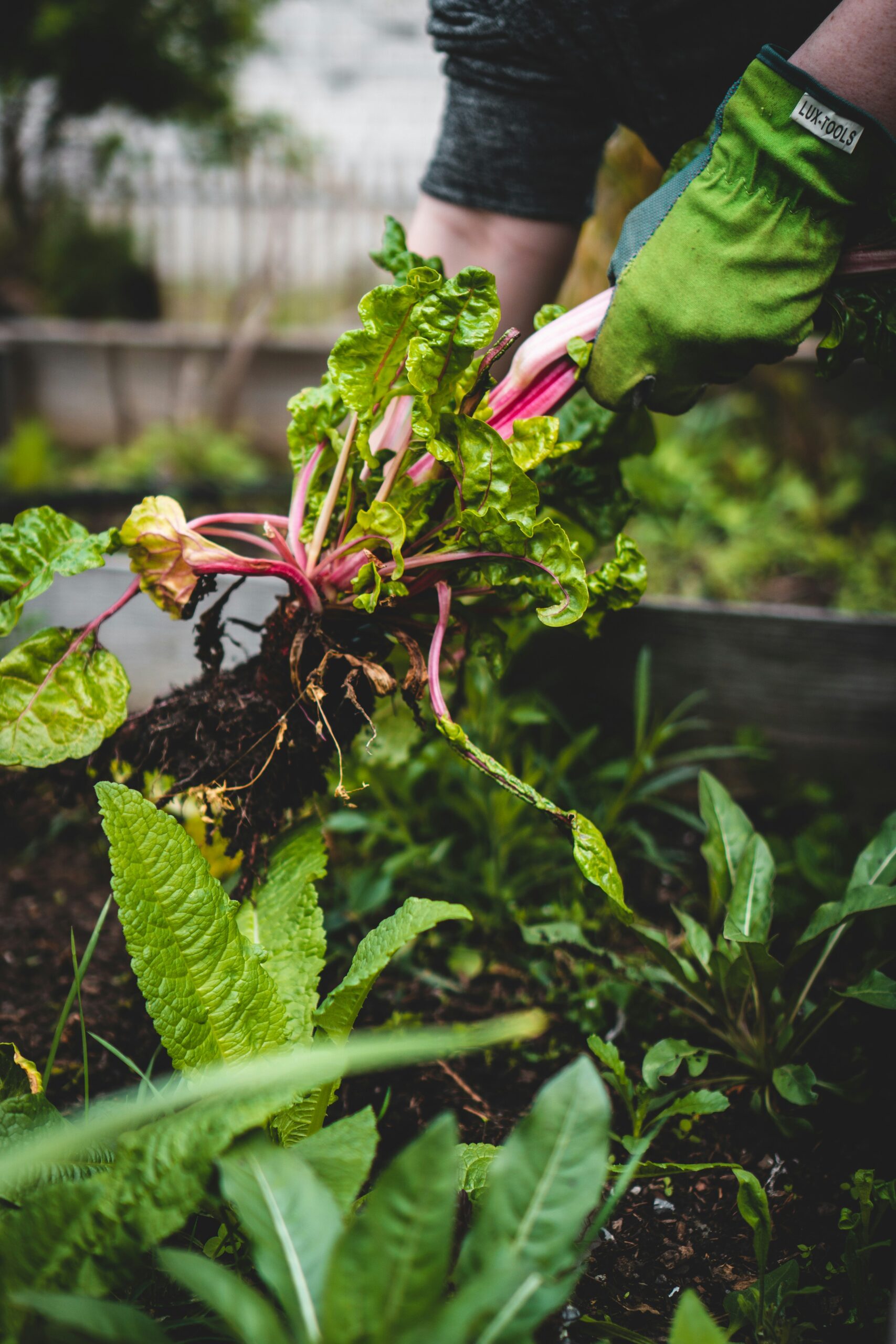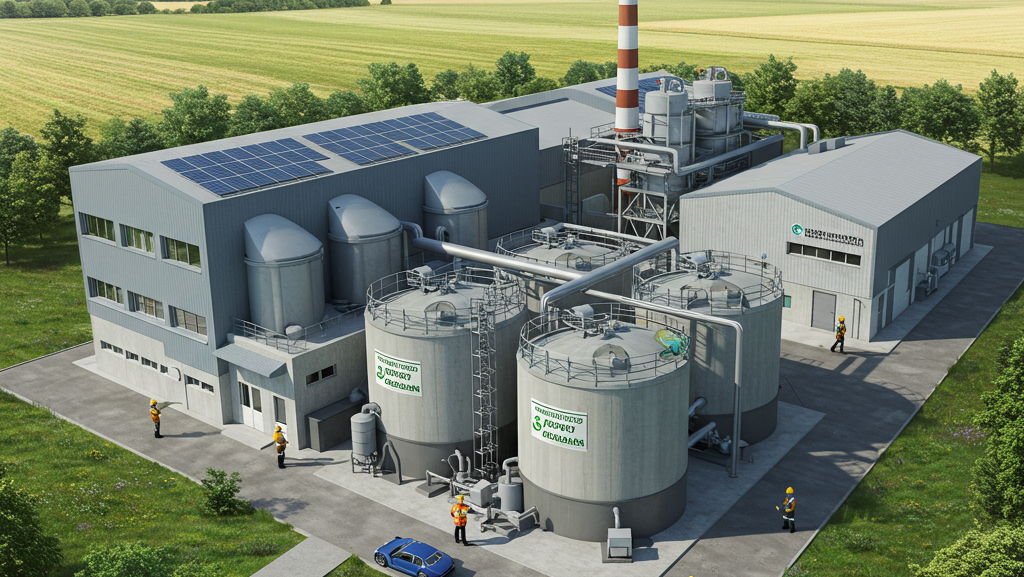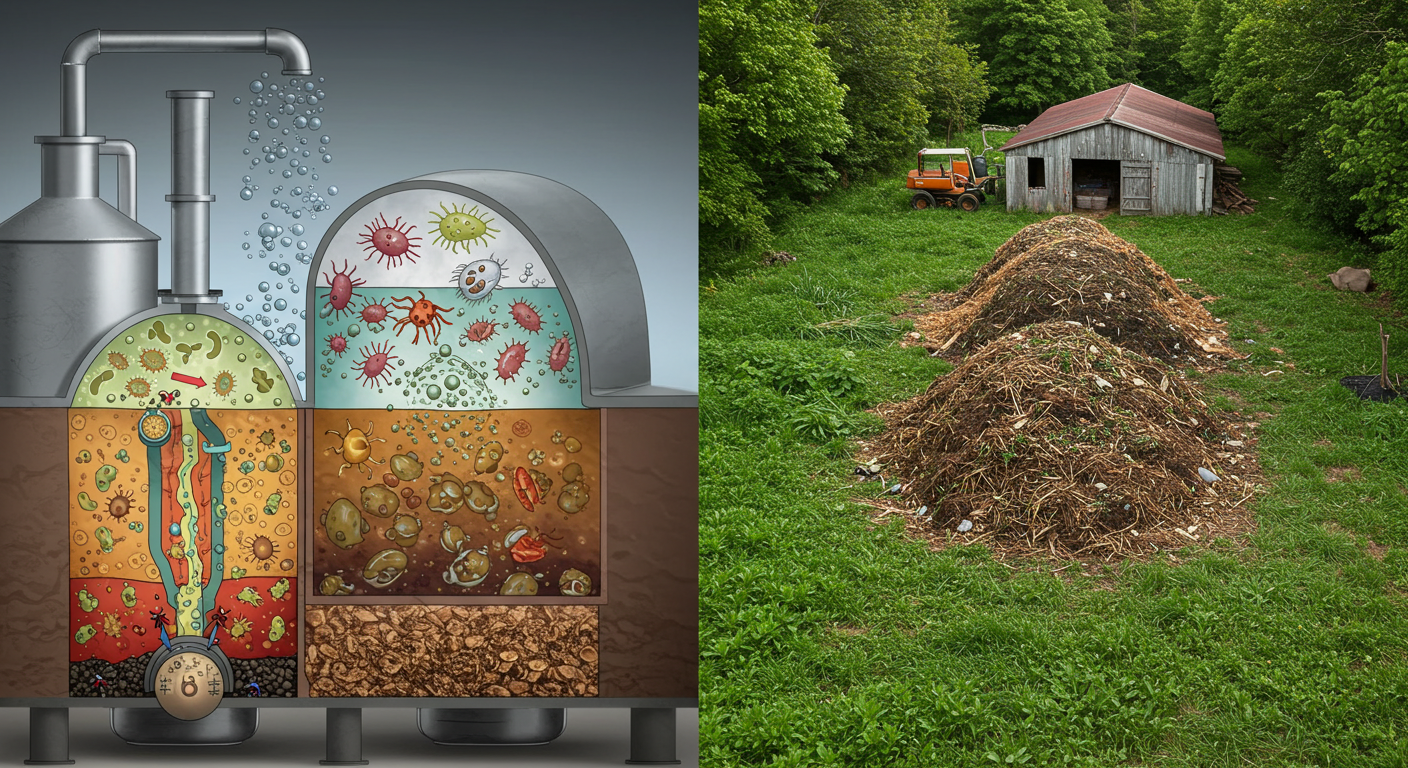What is Biodynamic Farming?
Biodynamic farming is a holistic approach to agriculture that emphasizes the interconnectedness of soil, plants, animals, and humans. This practice originated in the early 20th century, championed by Rudolf Steiner, who believed that a farm should be seen as a self-sustaining ecosystem. By adopting this regenerative method, farmers aim to create a balanced and healthy agricultural environment.
Key Principles of Biodynamic Farming
At the heart of biodynamic farming are several fundamental principles. Firstly, it promotes the use of compost and organic fertilizers to enhance soil fertility. Secondly, the use of cover crops helps in soil preservation and nutrient retention. Additionally, biodynamic farms often incorporate livestock into their systems, ensuring a closed nutrient cycle that benefits all farm components.
The Benefits of Biodynamic Practices
The benefits of biodynamic farming extend beyond environmental sustainability. By aiming for biodiversity and ecological balance, farmers often observe improved soil quality and crop resilience. Biodynamic methods also foster a deeper connection between farmers and their land, promoting a sense of community supported by shared values. As consumers become more aware of sustainable practices, biodynamic farming is increasingly recognized for producing high-quality, nutritious food.





